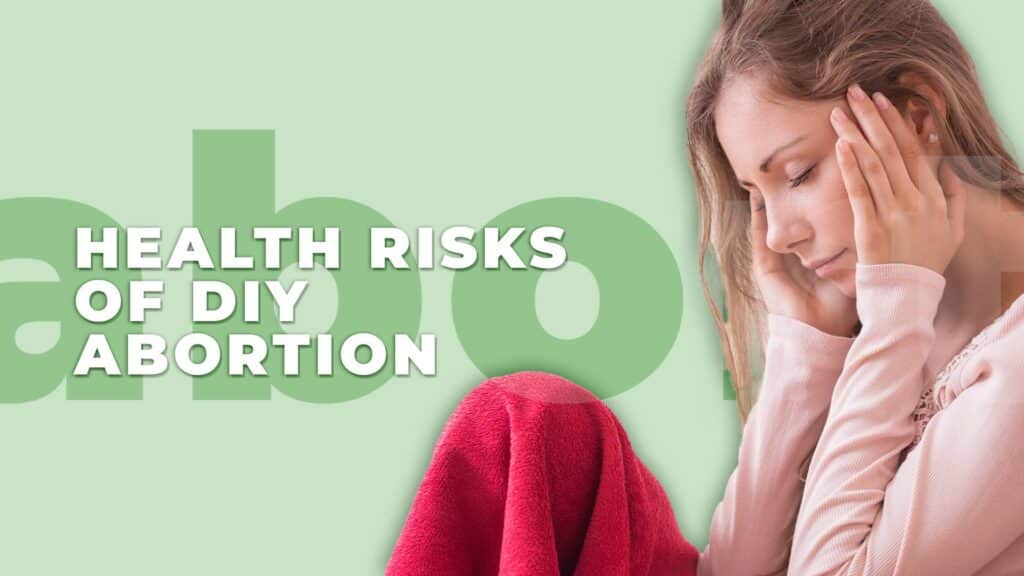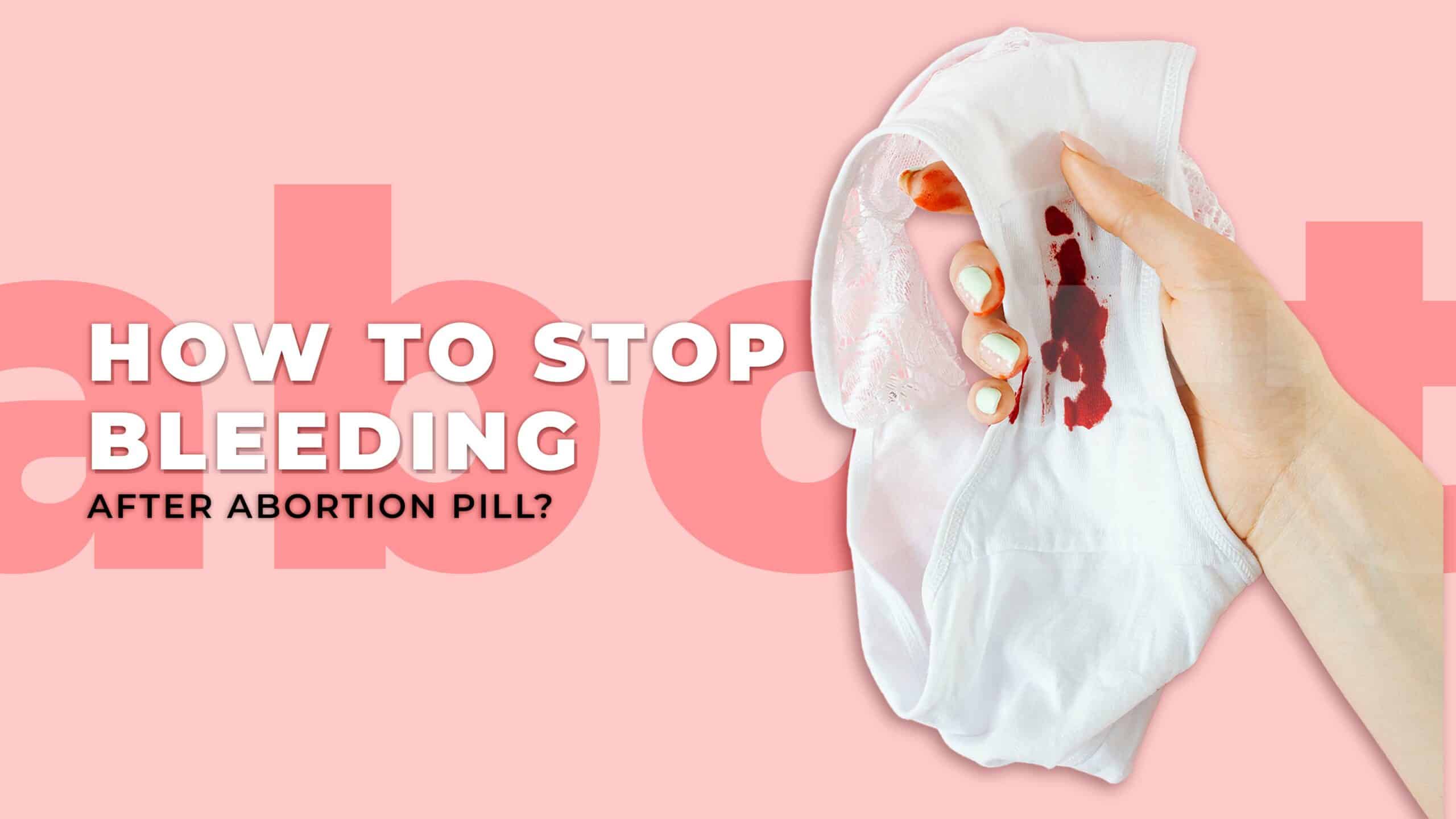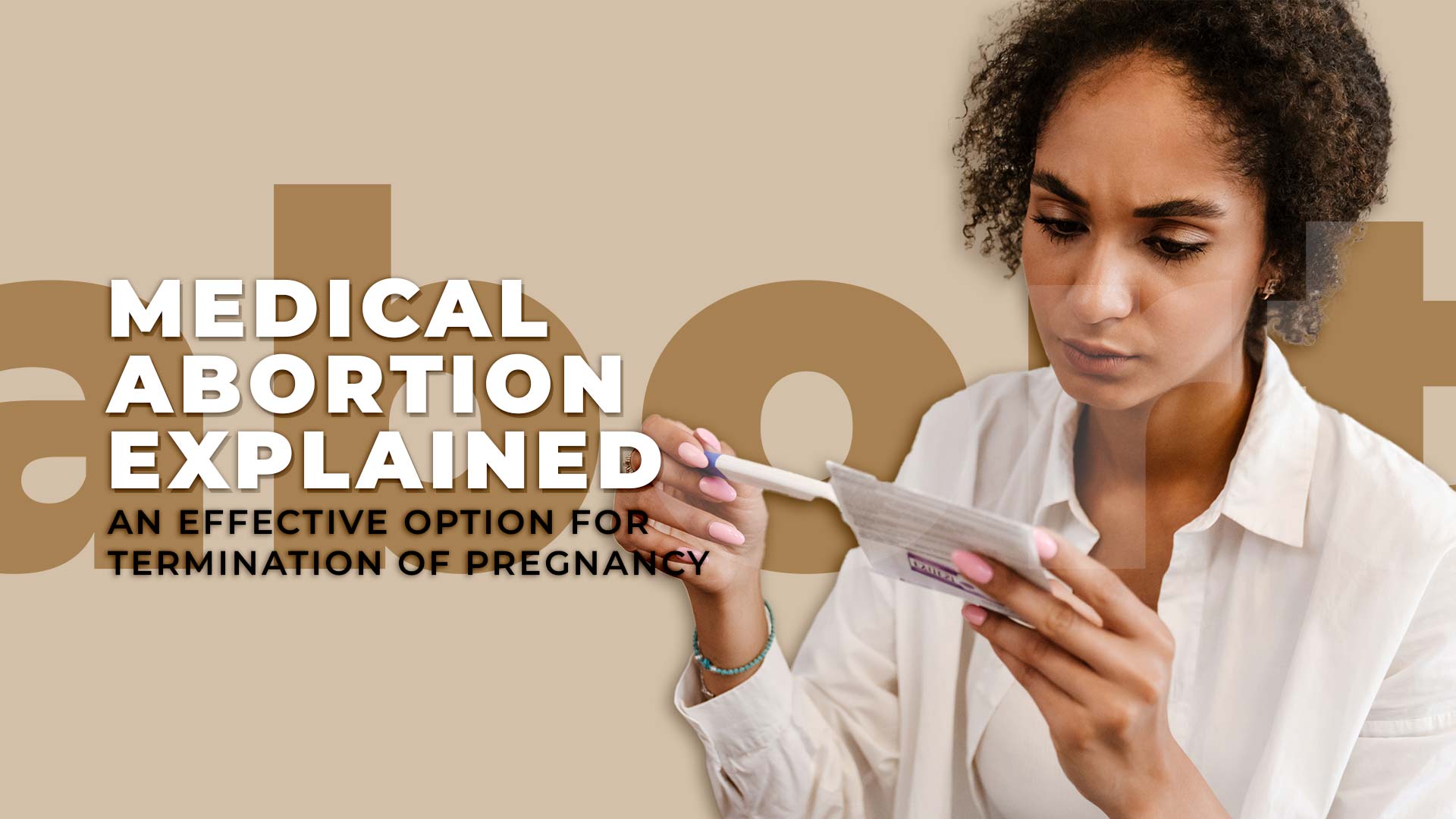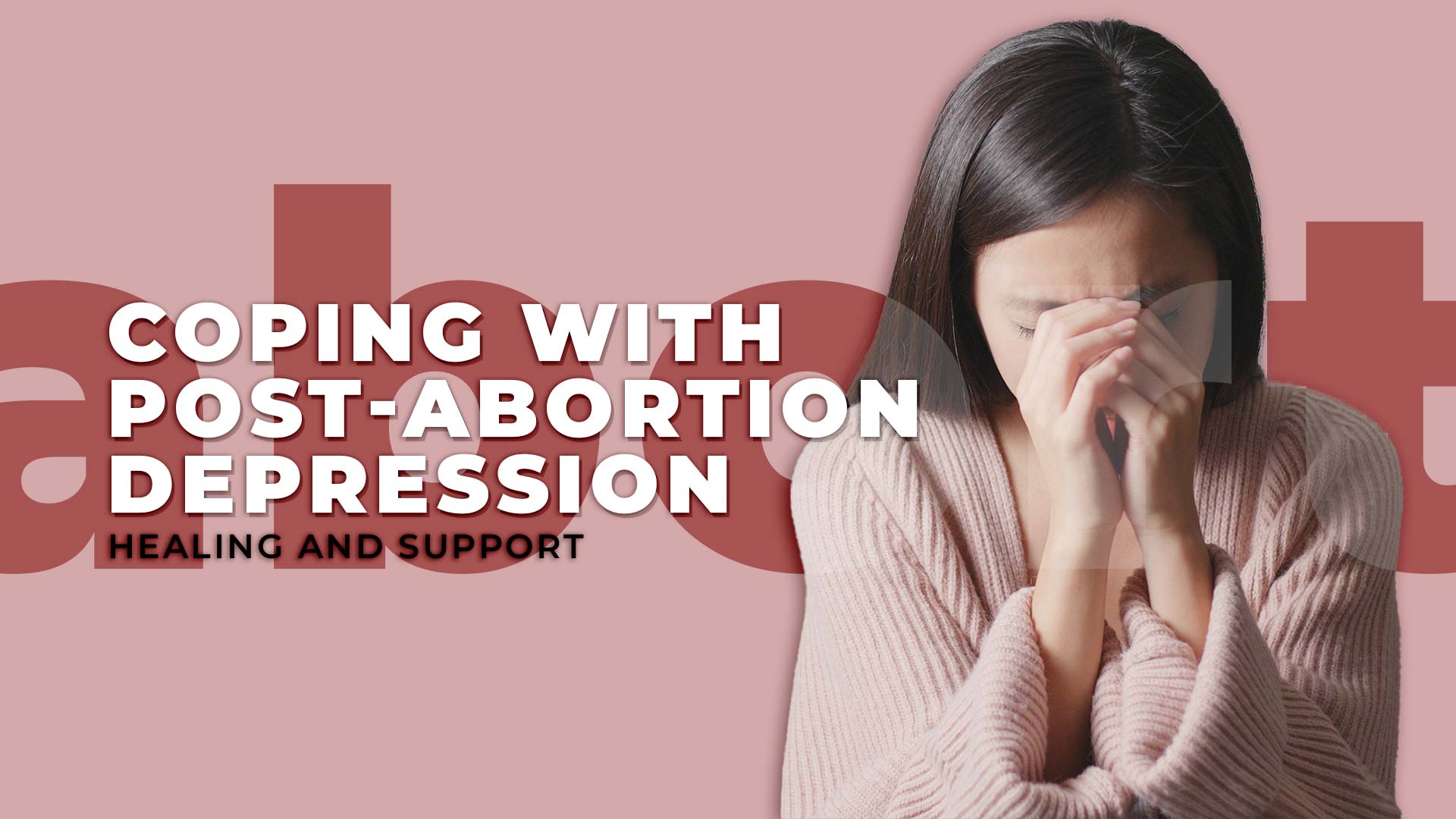Abortion laws and regulations are constantly evolving, creating confusion about the availability of abortion services in different places and at different times. This uncertainty has led some individuals to seek alternative methods of terminating a pregnancy.
If you have been exploring options for abortion, you may have come across information about the vitamin C technique. This method proposes that taking high doses of vitamin C supplements over several days can induce abortion, but this is not true.
Note that there are no safe home remedies for abortion, including the use of natural botanicals or other substances. However, there are FDA-approved medications available that can be safely used to induce an abortion at home. Organizations exist to assist individuals in obtaining the abortion pill, regardless of their location, and financial assistance may be available.
To learn more about the ineffectiveness of the vitamin C technique and safe methods for ending a pregnancy at home, continue reading.
The Vitamin C Method for Abortion
There is no scientific evidence supporting the idea that vitamin C has any impact on pregnancy, implantation, or menstruation.
Claims that vitamin C can cause abortion may have originated from a 1960s article published in a Russian journal, which did not use modern scientific research methods.
Studies conducted since then have debunked this method. A 2016 review of studies found that taking vitamin C did not have any effect on pregnancy and did not increase the risk of miscarriage.
Using vitamin C as an abortion method is a waste of time. Although vitamin C is generally considered safe, even in high doses, other home remedies for abortion can be extremely dangerous.
Taking too much vitamin C may cause diarrhea, stomachaches, and an increased risk of kidney stones. It is recommended not to exceed 2,000 milligrams per day when taking vitamin C supplements.
Using the vitamin C method will only work against you since it does not work. It is essential to know that abortions are more accessible earlier in pregnancy, with medical abortions like the MTP kits or RU-486 typically available up to around 11 weeks after the first day of the last period.
Obtaining an abortion earlier in the pregnancy has several benefits, including lower costs, increased access due to state laws regulating abortion, shorter procedure time, and a reduced risk of complications.
How to Have an Abortion At Home?

There is an alternative way to terminate a pregnancy in the comfort of your home. Many people prefer this option due to privacy concerns, and medical abortion is a safer and more effective method.
Medical abortion involves taking two different medications: mifepristone and misoprostol. Mifepristone, taken orally, blocks progesterone, which is necessary for the pregnancy to continue. Depending on where you obtain the medication, you may take this pill at home or in a clinic.
Misoprostol is a medication that dissolves in your inner cheek or vagina, and it’s taken at home 24 to 48 hours after the first medication. This medication triggers uterine contractions and bleeding, which helps the body expel the embryo. The entire process usually takes between one to three days.
Medical abortion is highly effective for pregnancies up to nine weeks. In cases where the pregnancy is between nine to twelve weeks, a second dose of misoprostol may be necessary. Surgical abortion is recommended for pregnancies beyond twelve weeks.
Why Do Women Opt for Self-Managed Abortion?
There are multiple factors that may drive women to seek self-induced abortion. The reasons behind individuals attempting self-managed abortion vary. Some people cite difficulties accessing clinic-based abortion care, such as high cost, distance to clinics, or uncertainty about clinic location. Adolescents may fear the need for parental consent. Another group of individuals express a preference for self-managed care due to its perceived naturalness and non-invasiveness. They may use herbs or supplements to manage all their healthcare and view self-managed abortion as a continuation of this approach.
Additionally, limited access to abortion clinics is a contributing factor. In 2017, there were 808 clinic facilities providing abortions, which represented a two percent increase from 2014. However, discrepancies in regional and state clinic availability became more pronounced. While the number of clinics rose by 16 percent and four percent in the Northeast and West, respectively, it decreased by six percent and nine percent in the Midwest and South, respectively.
Health Risks of DIY Abortion

A study published in the journal Contraception in 2019 revealed that out of 650 abortion providers surveyed, two-thirds had encountered cases of women attempting to self-induce abortion, with about one-third witnessing related complications arising from self-managed medication abortion.
Various self-induced abortion methods have been reported, including the use of vitamins, herbs, medications, and physical means such as abdominal trauma. While some of these methods are evidently dangerous and not recommended, others have gained popularity as “natural” alternatives. However, a study published in the American Journal of Obstetrics & Gynecology in 2011 showed that only 1.4 percent of 9,493 women surveyed had used vitamin C or herbal products to attempt to terminate a pregnancy, with no scientific or clinical evidence to support their effectiveness.
Legal Risks of DIY Abortion Practices
Undertaking a DIY abortion method carries legal risks in some states. The Guttmacher Institute reports that in 2018, seven states had laws specifically criminalizing self-induced abortions, while ten states had laws criminalizing harm to fetuses that lacked adequate exemptions for the pregnant person. Furthermore, fifteen states had criminal abortion laws that had been and could be misapplied to people who self-induce.
In December 2017, the American College of Obstetricians and Gynecologists released a statement advocating for the decriminalization of self-induced abortions, stating that “The threat of prosecution may result in negative health outcomes by deterring women from seeking needed care, including care related to complications after abortion.”
ACOG also opposes administrative policies that mandate obstetrician-gynecologists and other clinicians to report to law enforcement women they suspect have attempted self-induced abortion. Such policies compromise the confidentiality and trust in the patient-physician relationship.
Final Thoughts

To safely manage an abortion, the FDA recommends using one of two approved drugs: mifepristone and misoprostol, which work together to effectively terminate a pregnancy. Mifepristone blocks pregnancy hormones, while misoprostol causes the uterus to contract and expel the embryo. When used together, these drugs are 98% effective, while misoprostol alone is 80% effective.
To access the FDA-approved abortion pill, it is recommended to visit a health clinic or an OB-GYN office. However, laws regarding termination of pregnancy vary by state, so it’s best to contact your nearest clinic for more information on where to get the abortion pill safely and legally.
References
- Abortion providers’ experiences and views on self-managed medication abortion: an exploratory study. https://www.contraceptionjournal.org/article/S0010-7824(19)30143-X/fulltext
- Samborskaia EP, Ferdman TD. K voprosy o mekhanizme preryvaniia beremennosti askorbinovoĭ kislotoĭ [Mechanism of abortion induced by ascorbic acid]. Biull Eksp Biol Med. 1966 Aug;62(8):96-8. Russian. PMID: 6005485. https://pubmed.ncbi.nlm.nih.gov/6005485/
- Balogun OO, da Silva Lopes K, Ota E, Takemoto Y, Rumbold A, Takegata M, Mori R. Vitamin supplementation for preventing miscarriage. Cochrane Database of Systematic Reviews 2016, Issue 5. Art. No.: CD004073. DOI: 10.1002/14651858.CD004073.pub4. Accessed 21 March 2023. https://www.cochranelibrary.com/cdsr/doi/10.1002/14651858.CD004073.pub4/full
- Jones RK. How commonly do US abortion patients report attempts to self-induce? Am J Obstet Gynecol 2011;204:23.e1-4. DOI: https://doi.org/10.1016/j.ajog.2010.08.019
- In-clinic abortion. plannedparenthood.org/learn/abortion/in-clinic-abortion-procedures
- The abortion pill. plannedparenthood.org/learn/abortion/the-abortion-pill
- Vitamin C: Fact sheet for health professionals. (2018).
ods.od.nih.gov/factsheets/VitaminC-HealthProfessional/





